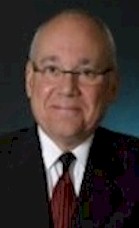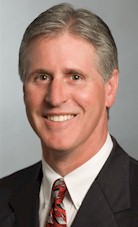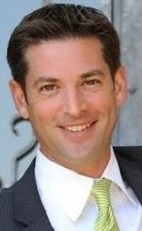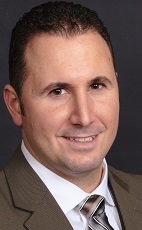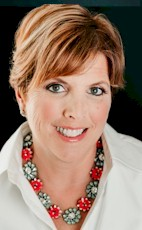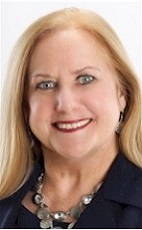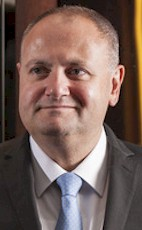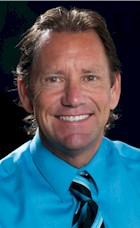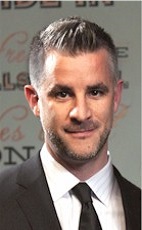
This discussion suggests the formalization of human resource metrics in a lodging property as an effort to optimize decisions, cut costs and support the goal of the hotel's leadership. Many of the larger lodging operations, brands etc. have already adopted and implemented some of these metrics and processes in human resources. However, there are smaller properties without corporate assistance that will need to align their human resource processes in accordance with defined metrics to better compete for the highest quality candidates. READ MORE


